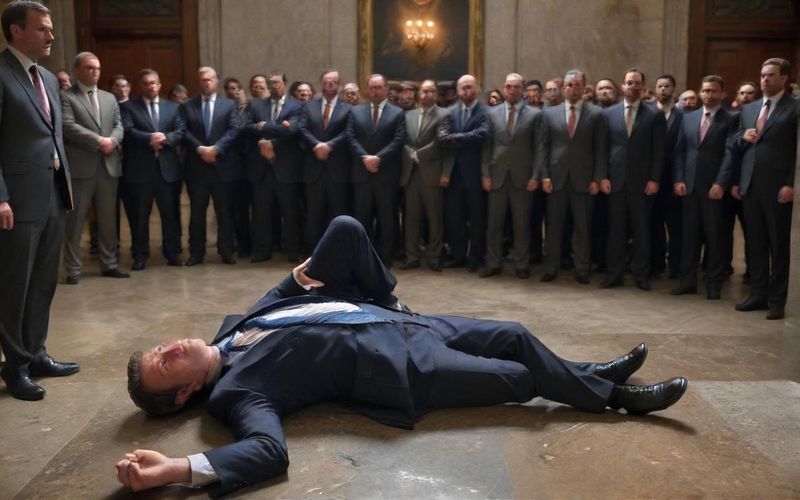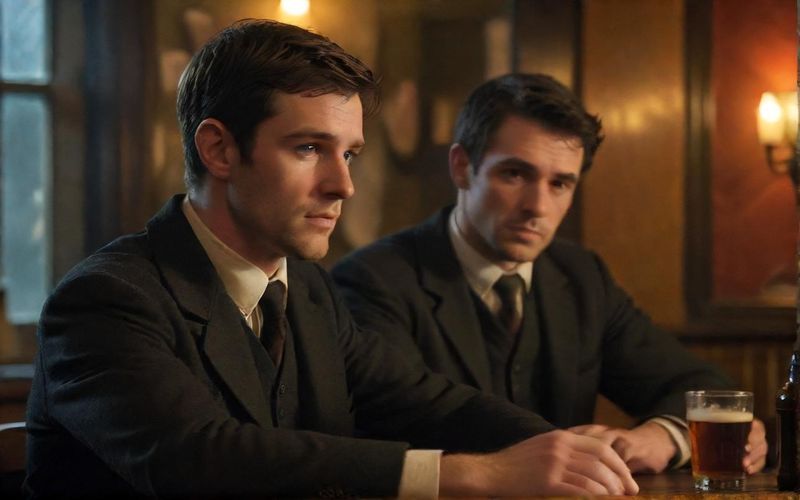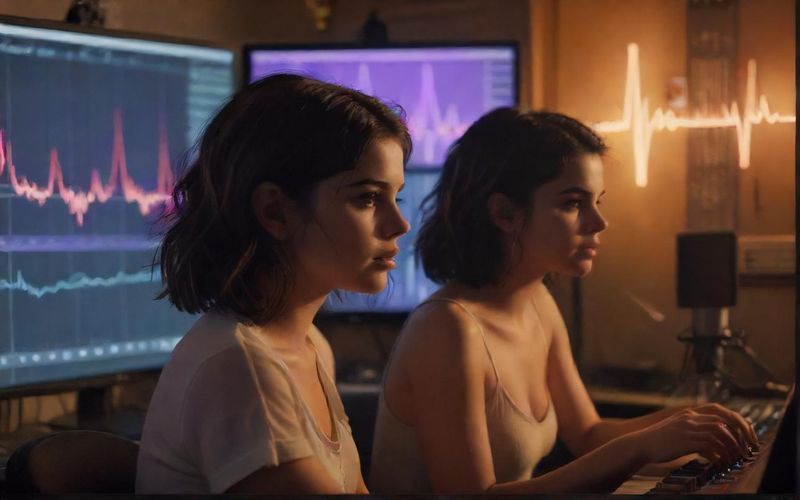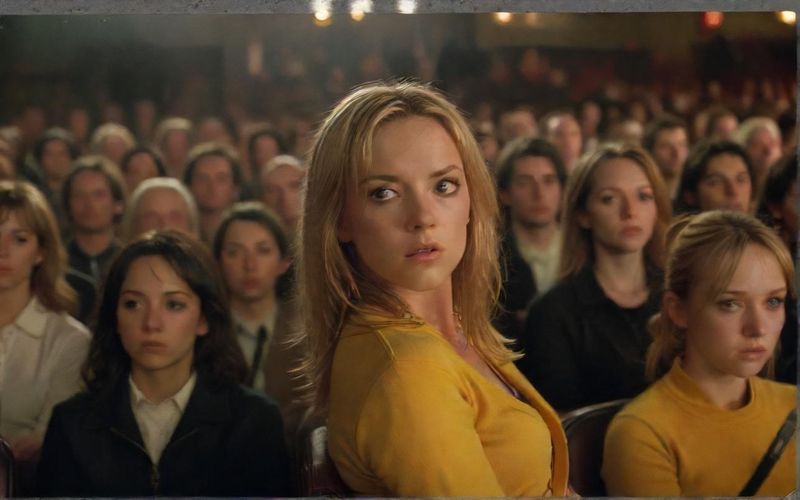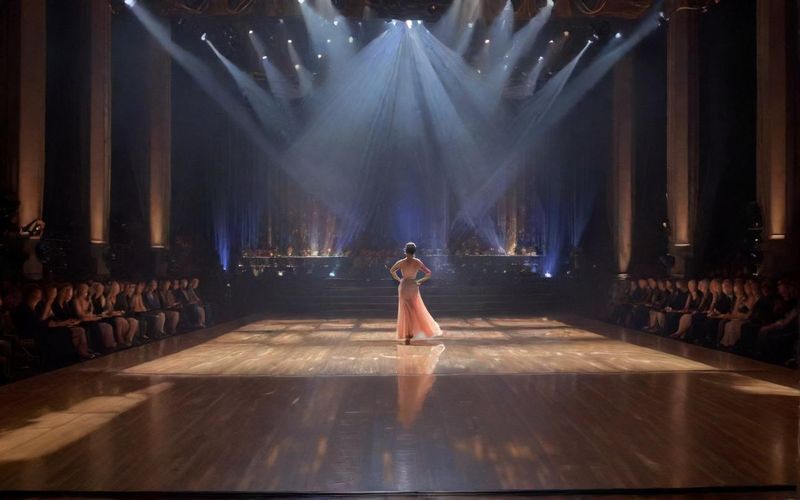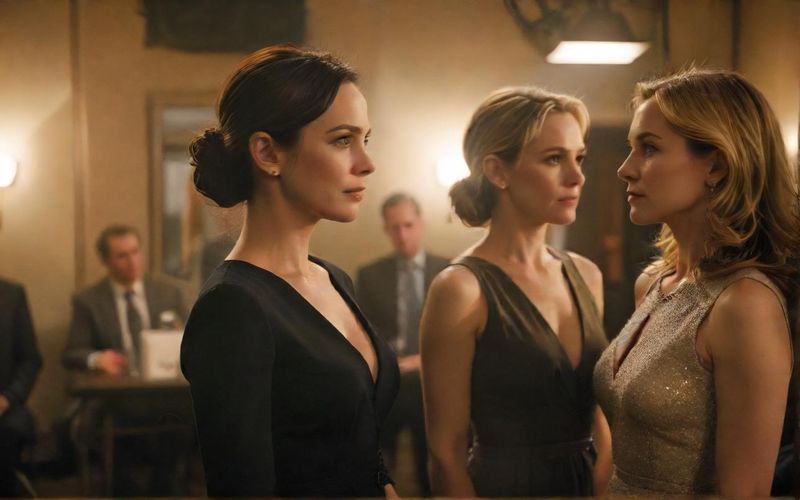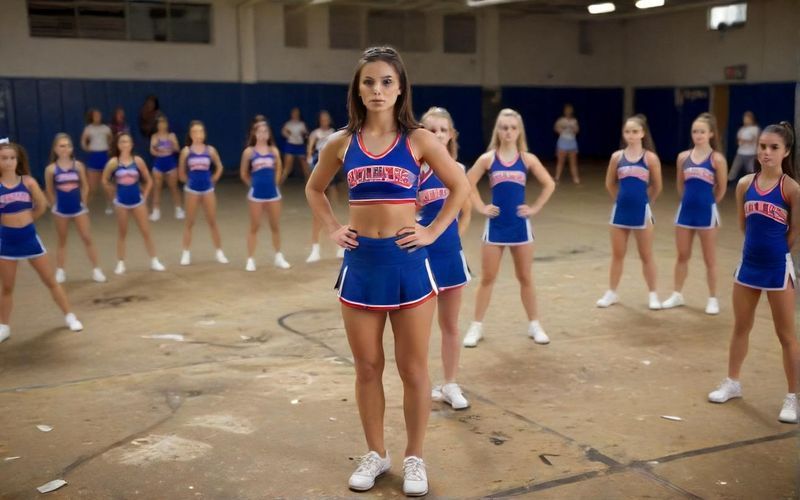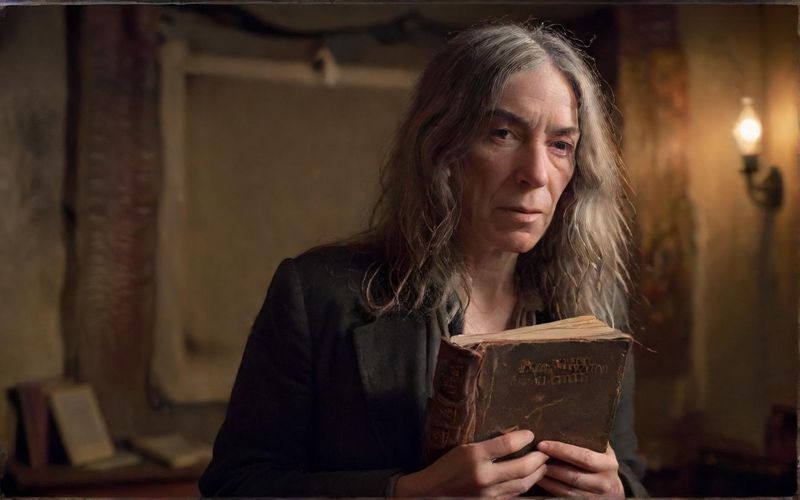Star Wars' Rocky Start: A Lesson for Today
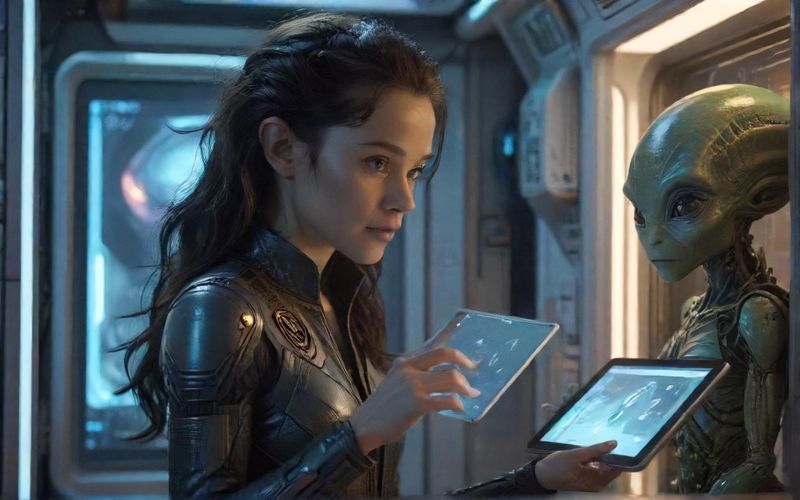
This detail, that "Star Wars" was paired with a romantic drama based on a Sidney Sheldon novel – a film described as cliché and antithetical to the summer blockbuster spirit – offers a powerful, almost poignant, lesson. It underscores a fundamental truth about creative endeavors: originality and a willingness to break the mold are often met with skepticism. The original "Star Wars" was, by all accounts, an audacious experiment. A space soap opera with glowing swords, unique visual gags like cloaks that dissipate into dust upon a character's death, and a creature that communicated in guttural growls. It was utterly unlike anything audiences had seen before, and in its sheer novelty lay both its genius and its perceived risk. The staggering $1.685 billion it would eventually gross in today's dollars, a figure that dwarfs even modern blockbusters, stands as a deafening testament to the industry’s misjudgment. It’s a reminder that what feels strange and unfamiliar in the moment can, with time and a receptive audience, become the bedrock of a cultural phenomenon.
Fast forward several decades, and the landscape of this galaxy far, far away is, predictably, quite different. The universe that was once a risky gamble is now a behemoth, an enduring franchise that continues to capture imaginations. The recent news that Sigourney Weaver, a titan of cinematic franchises herself with iconic roles in "Alien," "Ghostbusters," and "Avatar," is joining the Star Wars fold in "The Mandalorian and Grogu" film is a fascinating development. Weaver's own admission – that she never envisioned herself entering the Star Wars world and that her decision was driven purely by the strength of the script – speaks volumes about the evolution of the franchise.
Unlike the trepidation surrounding the original film, the current approach, as Weaver articulates, is not about creating "the Star Wars to end all Star Wars." Instead, it’s about allowing the universe to breathe, to expand, and to tell diverse, compelling stories within its established framework. This shift from a singular, universe-defining gamble to a more expansive, character-driven approach is a smart evolution, one that allows for the integration of seasoned talent like Weaver into roles that feel organic and exciting. Her character, Colonel Ward, a leader within the New Republic and former Rebel pilot, hints at a deepening of the lore, and her particular enthusiasm for sharing scenes with Grogu – the beloved "Baby Yoda" – adds a deeply human touch to the anticipation. It’s this blend of grand storytelling and intimate character moments that seems to be the modern Star Wars’ winning formula.
The enduring appeal of Star Wars, from its groundbreaking inception to its current expansive narrative tapestry, offers a compelling study in the unpredictable nature of success. It seems audiences, at their core, crave authenticity and fresh perspectives, even if the industry establishment struggles to recognize it at first. What does this ongoing evolution of the Star Wars universe tell us about the future of storytelling and our collective desire for shared mythologies?
